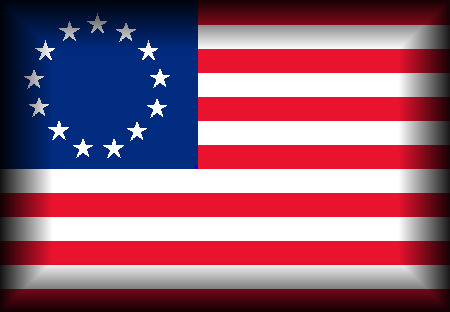Answer Page
That is the correct answer.
Prior to the American Revolutionary War, the island of Nantucket was noted for its whaling industry. The island, lying in the North Atlantic Ocean about thirty miles south of Cape Cod, was ceded to British settler, Thomas Mayhew in 1641. He subsequently sold tracts of land to other Euro~American settlers who established the whaling industry as the island's primary source of income. Although falling under the jurisdiction, and one would assume loyalties, of the Massachusetts~Bay colony when the Revolution started, the Nantucket islanders refused to swear allegiance to the Patriot Cause. But neither did they swear allegiance to Great Britain. While the Massachusetts~Bay Restraining Act of 1774 prohibited trade with Boston and banned fishing off the coast of Newfoundland and much of the East Coast, Nantucket was exempted so that trade in whale oil could continue unabated with Great Britain. The continuation of trade helped the Massachusetts~Bay economy, and that is probably the only reason that the colony did not initially frown on the continuing trade with the mother country. The Provincial Assembly did request that the islanders make a committment one way or the other on where their loyalties lay in 1775. On 14 July 1775, a letter from six selectmen of Nantucket in response to the Provincial Assembly's insistence that all trade with Great Britain be ceased, stated the islanders' stance on neutrality. It should be noted that one of the contributing factors for Nantucket's neutrality was the large number of Quaker residents.
Click on the "Betsy Ross Flag" below, or use your browser's "Back" button, for the next question.



